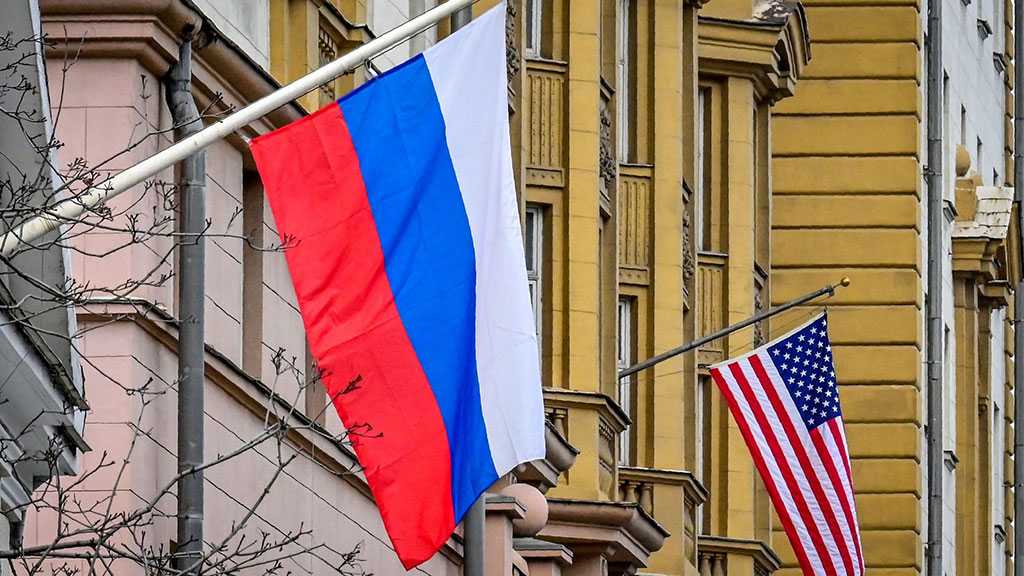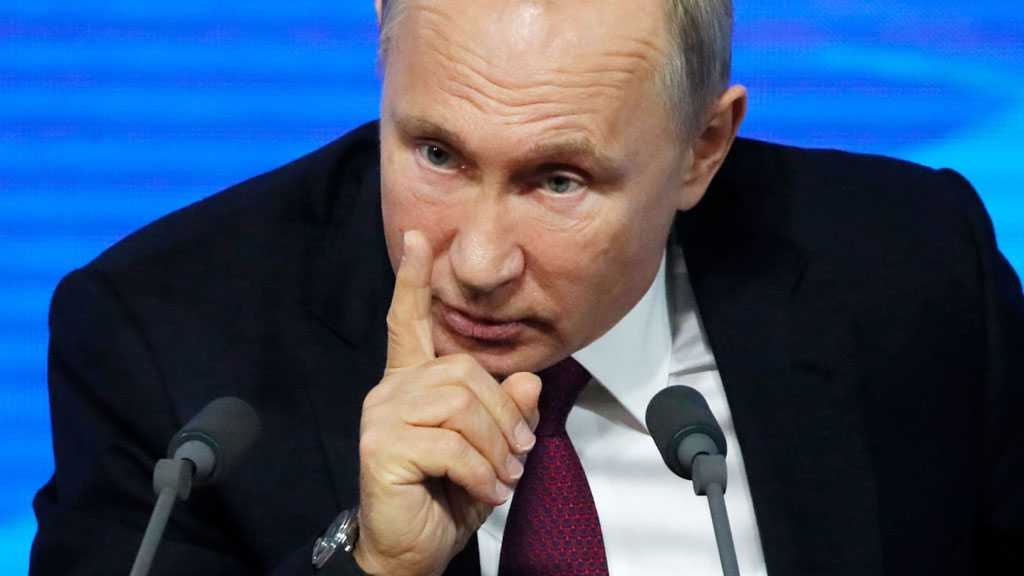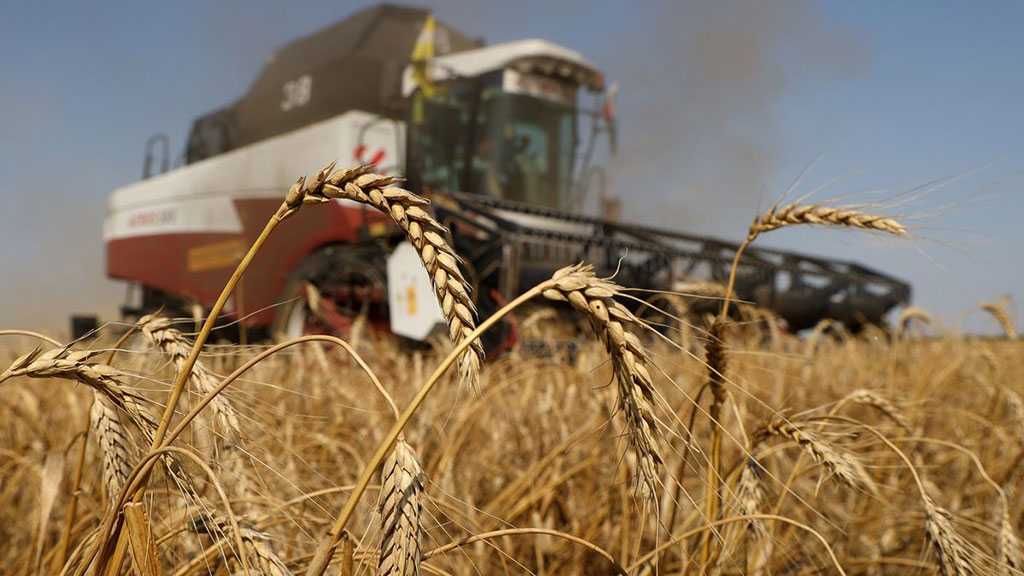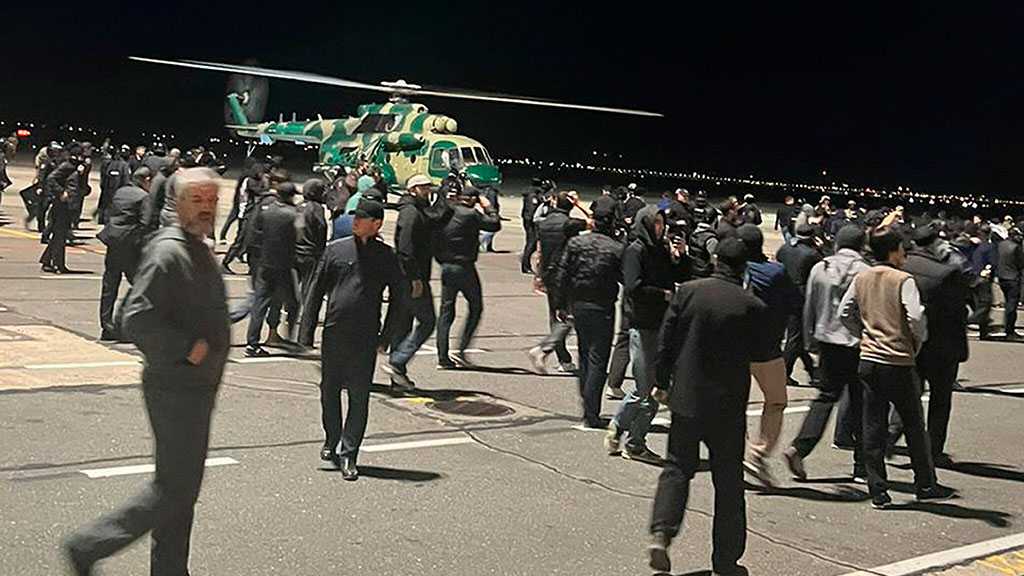
Russia Ready To Negotiate Once Putin’s Conditions Are Met, Ukraine Lays Down Its Weapons - Lavrov
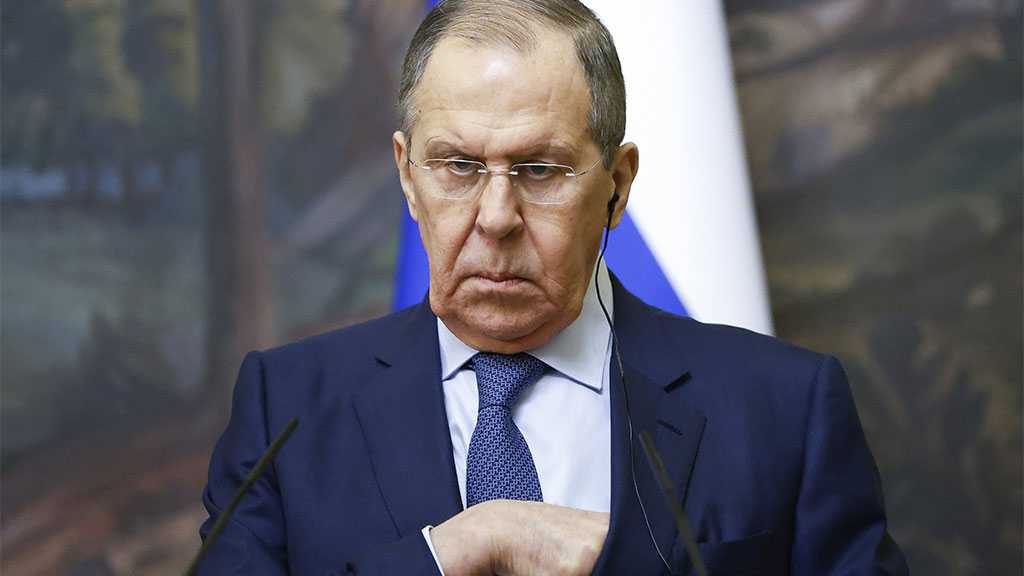
By Staff, Agencies
Russian Foreign Minister Sergei Lavrov has condemned the West for their unwavering defense of the Ukrainian regime and turning a blind eye to its war crimes against civilians in the country's east.
In a press conference on Friday, Lavrov voiced his country’s readiness to negotiate once Russian President Vladimir Putin’s conditions are applied, when Ukraine lays down its weapon and form a government that represents all of the Ukrainian society’s components.
He stressed that nations in the West covered Kiev's back even as it decided to take the Donbass people's republics by force, declared a resolve to join NATO, and threatened to build nuclear weapons.
"They have been turning a blind eye to war crimes against the civilian population, to the murders of women, children, the elderly, to the destruction of civilian infrastructure and silently encouraging the rapid emergence of neo-Nazism and Russophobia [in Ukraine], which ultimately plunged the country into its current tragic state," Lavrov said.
The foreign minister went on to slam the West for "unanimously" denying the obvious fact that a "genocide" was taking place in Ukraine, where Kiev's forces have been waging a war against and killing the residents of the Donetsk and Lugansk People's Republics [DPR and LPR].
He also announced that Russia will be organizing a special photo gallery at the UN for the participants of a new session of the UN Human Rights Council. This gallery will be devoted to the situation in the Donbass region and the suffering of its residents, Lavrov said.
He further explained that Russia could not remain indifferent to the DPR and LPR's appeal for defense against the aggressor. He noted that the Russian special operation in Donbass is being carried out to allow Ukrainians to choose their own future once they are freed from the oppression of the current regime, and stressed that the Russian military is not attacking civilian infrastructure as part of this operation.
Lavrov separately added that he does not believe Western politicians could seriously hope that Moscow would tolerate the oppression of Russians in Ukraine.
The Russian foreign minister further underscored that "nobody" plans to occupy Ukraine in the course of the special operation and added that Russia is interested in the Ukrainian people maintaining their independence.
The minister stressed that Ukrainian President Volodymyr Zelensky is lying when he claims that Kiev is ready to discuss Ukraine's "neutral status." He added that Zelensky also lied, when he said that Russia refused to engage in dialogue and that the Ukrainian president himself missed the opportunity to start negotiations on security guarantees.
"We have always stood for negotiations. The chance [to hold them] remained until the last moment," Lavrov said.
Upon completion of Russia's military operation, the situation in Ukraine will return to the stage of negotiations, the Russian foreign minister said.
Lavrov also addressed the NATO alliance accusing it of ruthlessly going into Ukraine in order to "subject" the country's east. He also lambasted the bloc's claims of allegedly caring for the desires of the Ukrainian people, noting that NATO should have done that in 2008, when it first said that Ukraine would eventually be allowed to join the alliance.
Putin on 24 February ordered the Russian armed forces to conduct a special operation in the Donbass region aimed at the defense of the DPR and LPR, and "demilitarization and denazification" of Ukraine. He stressed that Russia was left with no option other than to intervene in the situation in Donbass after its republics began reporting shelling by Ukrainian forces for over a week.
Western nations and their allies condemned Russia's decision and labelled it an "invasion." The EU, UK, Canada, Japan, and the US have all announced new sanctions on Moscow, which affect its access to financial markets, harms its banks, airlines, and limits imports of high-tech products into the country.
Moscow has repeatedly urged Western nations to pressure Kiev to stop the shelling of the Donbass republics, which they have been reporting for over a week now. The Kremlin has also condemned the West's failure to convince Ukrainian leaders to fulfill the Minsk agreements.
